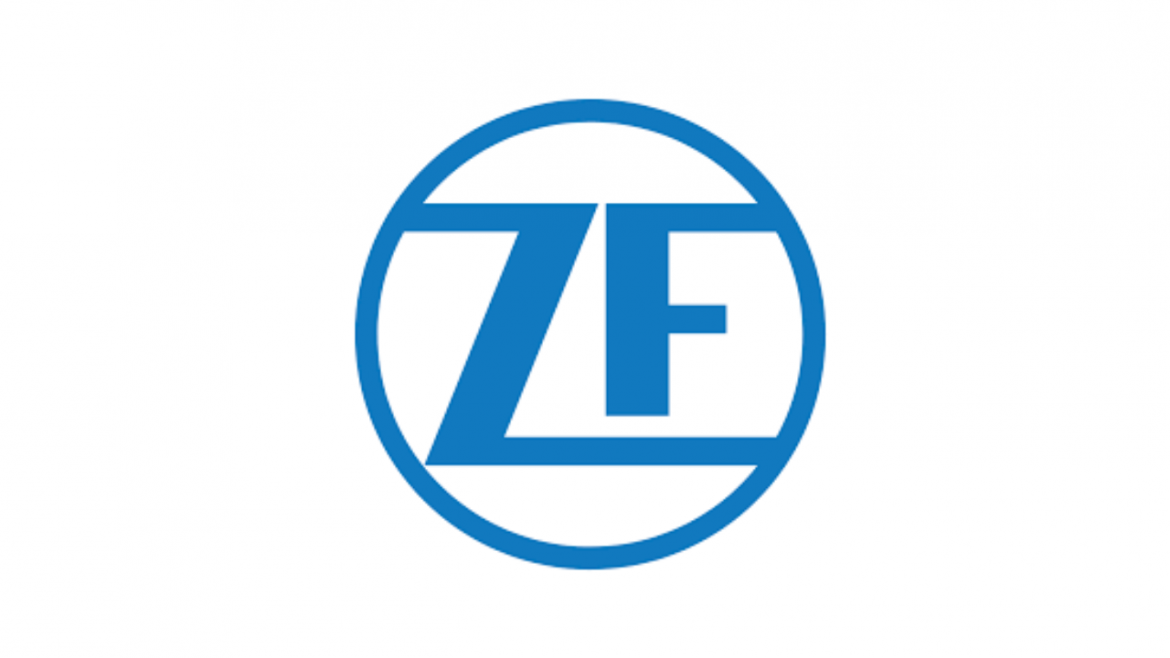German automotive supplier ZF Friedrichshafen has moved to clarify its position regarding the future of its commercial vehicle division, following comments made by CEO Holger Klein that sparked speculation about potential strategic moves. The company’s spokesperson issued a statement on Thursday, emphasising that ZF is not currently considering an initial public offering (IPO) or partnership for its commercial vehicle unit, despite earlier suggestions to the contrary.
The confusion arose after Klein was quoted in Manager Magazin discussing the possibility of taking strong divisions, such as the commercial vehicle business, public. Klein had stated, “Such IPOs would be an option in close consultation with our shareholders,” and added that the company was “basically examining all options” while expressing satisfaction with their current positioning in the commercial vehicle sector.
However, the subsequent clarification from ZF’s spokesperson aimed to dispel any misconceptions about the company’s immediate plans. The spokesperson explained that while ZF is conducting a comprehensive review of the entire company and its divisions to identify potential opportunities for strategic partnerships or capital market ventures, there are no concrete plans for the commercial vehicle unit at this time.
ZF Friedrichshafen’s Commercial Vehicle Solutions division is a significant component of the company’s operations, accounting for 17% of total sales last year and ranking as the group’s second-largest unit by revenue. The division supplies a wide range of parts and systems to manufacturers of trucks, buses, and trailers, as well as fleet operators, positioning ZF as the world’s largest commercial vehicle supplier.
The spokesperson emphasised the division’s importance to ZF’s overall growth strategy, stating, “As the world’s largest commercial vehicle supplier, ZF’s Commercial Vehicle Solutions division is currently well positioned and an important pillar for ZF’s growth.” This statement underscores the company’s commitment to maintaining its strong presence in the commercial vehicle market.
The automotive industry has been facing various challenges, including economic uncertainties and technological shifts. Klein acknowledged in his interview that the current economic downturn affecting truck manufacturers is also impacting suppliers like ZF. This context adds complexity to any strategic decisions the company might consider for its divisions.
While ZF is not pursuing changes for its commercial vehicle unit, the company is exploring options for other parts of its business. Notably, ZF is considering the sale or IPO of its airbag unit, which Klein mentioned has attracted potential buyers. This move is part of ZF’s efforts to address high debt levels resulting from previous acquisitions.
The situation highlights the delicate balance automotive suppliers must maintain between exploring strategic opportunities and maintaining stability in core business units. ZF’s quick clarification of its stance on the commercial vehicle division demonstrates the company’s awareness of the potential impact such speculation can have on market perceptions and stakeholder confidence.



